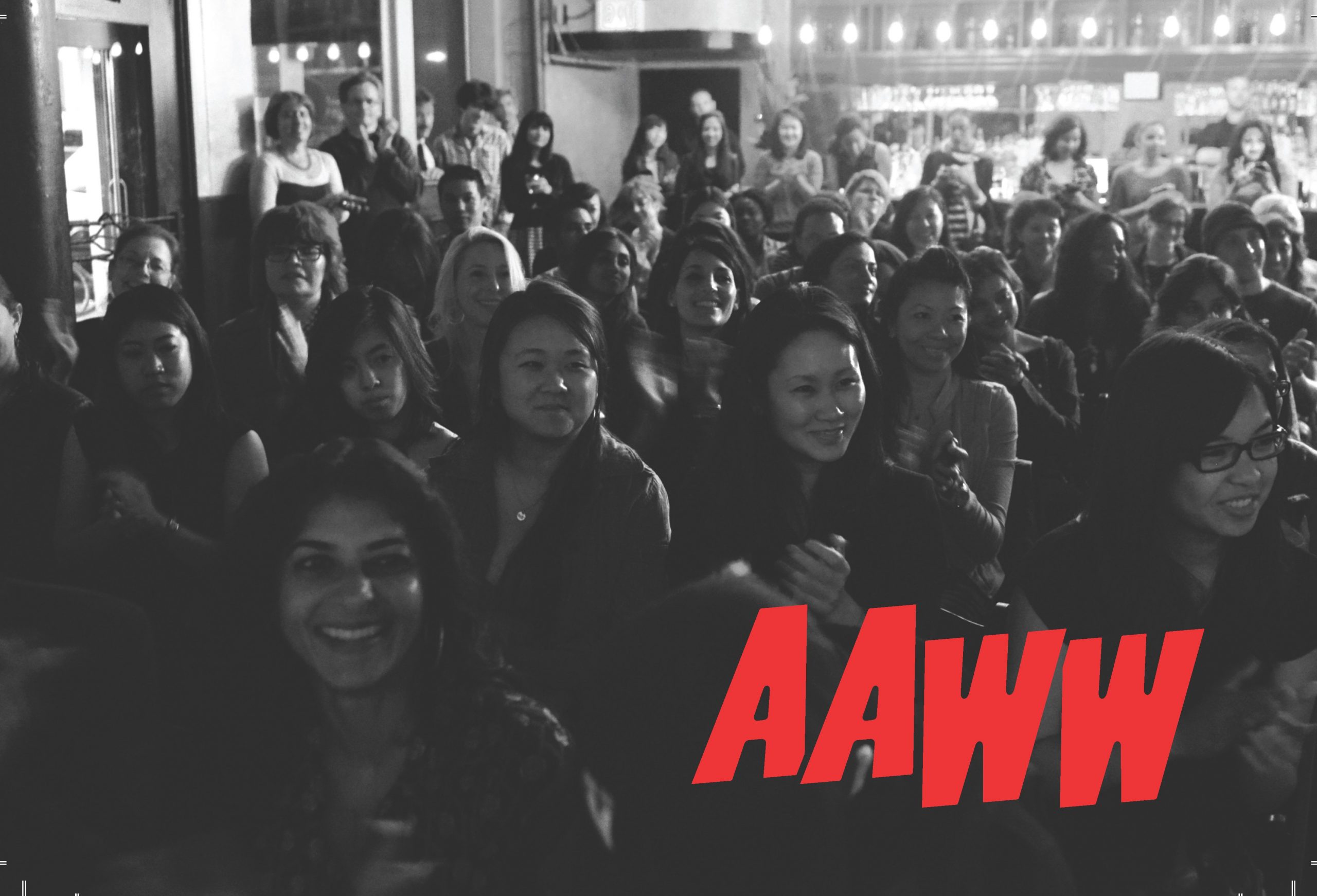Minneapolis, MN — When the poet Ken Chen put together a discussion called “Mapping New Territories: Diasporic Writers from Regions of Conflict,” he knew the four artists he invited would be surprising in their range and moving in combination.
“The world is larger and more politicized than the regular American literary scene,” observed Chen, executive director of the New-York-based Asian American Writers Workshop. His wry understatement served as coda to a powerful panel that attracted more than 120 listeners at the annual Association of Writers & Writing Programs conference.
Begun in 1991, AAWW describes itself as “a safe community space and an anti-racist counterculture, incubating new ideas and interpretations of what it means to be both an American and a global citizen.”
Chen, whose book “Juvenilia” won the prestigious Yale Young Poets competition in 2009, opened the conversation with a nod to a 2012 volume that has been important to him: Pankaj Mishra’s “From the Ruins of Empire: The Intellectuals who Remade Asia,” described by the author as “part historical essay and part intellectual biography.”
With this reference, Chen tilted his audience toward a way of thinking that might be coalitional and anti-imperialist, and might see a broad range of peoples—including Persian, Pacific Islander, Indian, Japanese and Chinese—”as a kind of political identity rather than a physical or biological identity.”
Panelist Hayan Charara, a born-in-Detroit son of Lebanese immigrants, described his poetry as 20 percent political and 80 percent deeply personal. And yet, he is identified as a political poet, with such work as “Animals” and “Gaza” coming up first in Google searches. A recipient of a NEA grant in 2009, Charara is a professor at the University of Houston.
“One of the hardest tasks for an Arab to accomplish is to live non-politically,” Charara said in Minneapolis. He wrote: “The poems I submitted to the National Endowment for the Arts grew out of an enormous sense of helplessness over the ways my government—and the governments it supports—used and misused language toward violent ends. As a result, my grandfather died a victim of war, as did many family friends, old neighbors, and some animals. So while this award is especially meaningful, its irony is not lost on me.”
Oberlin College professor Kazim Ali described himself as “a yoga teacher and occasional poet who is interested in the body itself as a political instrument.” He spoke of leading eight-hour long yoga sessions over 10 days in Ramallah, Palestine, and training men from Arab villages “hungry for these yoga poses.” Although they ranged in age from 19-26, they were stiff, physically damaged by war, with “the bodies of 50-year-olds,” Ali said.
“It gave me a chance to work body by body,” he said. “It felt like a kind of physical activism.” It left Ali thinking about living without the ability to sleep, or move, constrained in a permanent disenfranchisement.
The poet Jennifer Kwon Dobbs also spoke of her body in physical space. The St. Olaf College professor was born in South Korea, taken from her mother and adopted into a white family in rural Oklahoma. This experience meant “cleaving away from place and memory, of one’s own body being deracinated—adopted—into a white family.”
After a 13-year search, the poet was reunited with her Korean family and now advocates for the rights of unwed mothers and international adoptees. Her life, she said, has been one seeking “to demand a place on the ground, and to have that ground inside your mouth, if that makes sense. I think of territory as being inside my mouth. I am learning Korean.”
The visual artist, dancer, and poet Mong-Lan talked about her family of seven, which fled Saigon when she was a girl on the last day of its evacuation in 1975. Her parents met in medical school and her father, a surgeon for the South Vietnamese Army, was dogged by post-traumatic stress. They eventually settled in Texas.
“In Vietnam, it’s called the American War,” said Mong-Lan, who returned as a Fulbright scholar in 2002 and again in 2007 to give a series of lectures at Vietnamese universities. “PTSD affects everyone in our family, including my brother’s children. It’s passed on for generations through the physical body.”
Mong-Lan, who now lives in Buenos Aires, echoed Ali, suggesting some of the answer might lie in movement itself. For writers from war-torn regions, “trauma gets relocated to another site: and that site is often the body,” Chen said.

